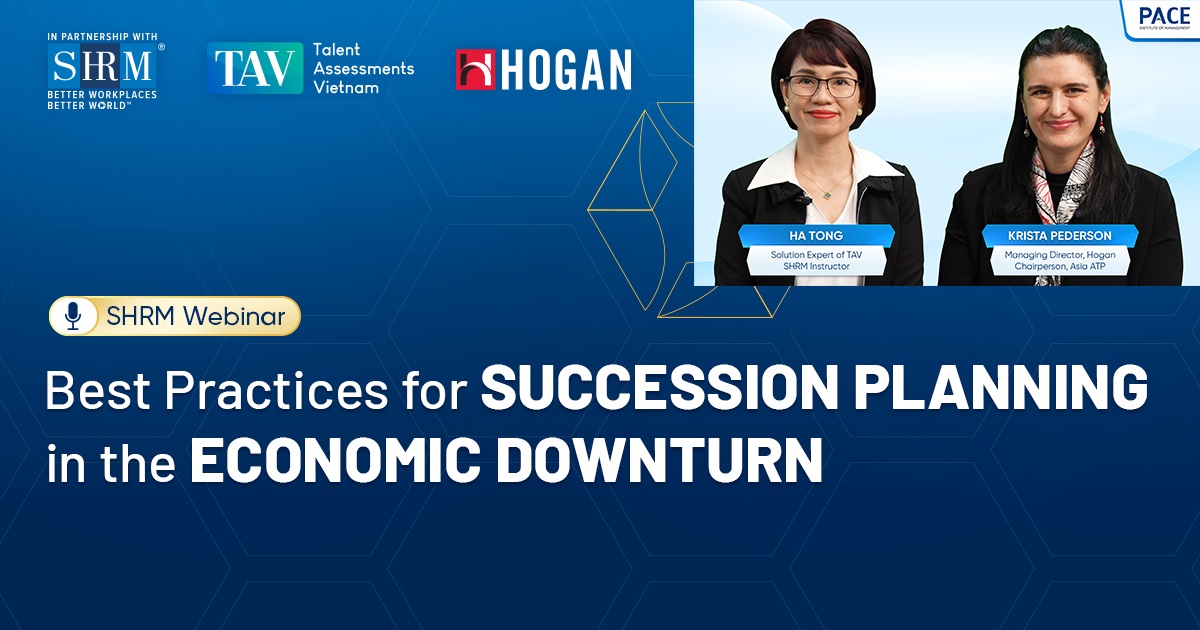LEARN TO TALK WITH PEOPLE, NOT AT THEM
Hit a wall?
So many ambitious and talented leaders plateau and even regress once they "reach the top" of the ladder, mountain or organizational structure they've been climbing. There's a simple reason this can happen, and it sometimes comes down to conversations.
Top leaders still face new mountains to climb—engaging a broader audience of potential partners—both inside and outside the company to make change happen.
To reverse course, you must tap into Conversational Intelligence, a framework for knowing which conversations trigger different brain activities for constructive communication. Research has shown that engaging conversations trigger the brain's prefrontal cortex, a section that enables trust and good judgment, reducing fears and threats. This opens the door to more innovative and creative results with others, now and in the future. When people co-create, they feel ownership and accountability for the results, they are willing to work harder to bring the ideas to fruition, and they produce higher levels of productivity at work. Through co-creating conversations, we can connect with others in healthy and productive ways, something vital for mutual success.
Leaders looking for their next step would do well to remember the word "aspire" has a Latin root, "to breathe." To achieve more, ideas need to flow freely and to fuel us. We can then breathe in a coherent, collaborative way as we aspire together, and our capabilities increase.
To ensure you are engaging in co-creating conversations, apply these four tips.
1. When you meet someone new, say, "I'm so glad I met you!" or "you look familiar!" Our brains are designed to be social. The need to belong is more powerful than the need for safety. Feeling rejected activates our fear networks and increases the level of cortisol, which moves us into protective behaviors. A sense of inclusion reduces protective cortisol levels while increasing oxytocin and promoting bonding.
So many ambitious and talented leaders plateau and even regress once they "reach the top" of the ladder, mountain or organizational structure they've been climbing. There's a simple reason this can happen, and it sometimes comes down to conversations.
Top leaders still face new mountains to climb—engaging a broader audience of potential partners—both inside and outside the company to make change happen.
To reverse course, you must tap into Conversational Intelligence, a framework for knowing which conversations trigger different brain activities for constructive communication. Research has shown that engaging conversations trigger the brain's prefrontal cortex, a section that enables trust and good judgment, reducing fears and threats. This opens the door to more innovative and creative results with others, now and in the future. When people co-create, they feel ownership and accountability for the results, they are willing to work harder to bring the ideas to fruition, and they produce higher levels of productivity at work. Through co-creating conversations, we can connect with others in healthy and productive ways, something vital for mutual success.
Leaders looking for their next step would do well to remember the word "aspire" has a Latin root, "to breathe." To achieve more, ideas need to flow freely and to fuel us. We can then breathe in a coherent, collaborative way as we aspire together, and our capabilities increase.
To ensure you are engaging in co-creating conversations, apply these four tips.
1. When you meet someone new, say, "I'm so glad I met you!" or "you look familiar!" Our brains are designed to be social. The need to belong is more powerful than the need for safety. Feeling rejected activates our fear networks and increases the level of cortisol, which moves us into protective behaviors. A sense of inclusion reduces protective cortisol levels while increasing oxytocin and promoting bonding.
2. When you brainstorm with a diverse group, say, "thank you" or "that's a great point."
Make sure to appreciate others' contributions, comment on how their idea has helped you, and let them know how much you appreciate their thinking. Appreciation reshapes our neural networks, activating a larger framework of neurons in our brain that enables higher levels of seeing, hearing and thinking broader and bigger.
3. When you want to persuade someone, say nothing—at first. Put yourself in your listener's shoes. Empathy activates the mirror neuron network located in the prefrontal cortex, or Executive Brain. When we mirror each other, we can see and experience the world through each other's eyes. This activates higher oxytocin production, which facilitates bonding, collaboration and co-creation and elevates trust and openness. We become comfortable sharing what really is on our minds.
4. When you need to solve a difficult problem, say, "tell me your thoughts," and listen to connect. When we are uncertain, both the distrust and trust networks are activated at the same time. We more easily fall into groupthink to be safe in the crowd, or we close up for fear we will look weak. Make it safe to be transparent about what you are uncertain about. Don't penalize those who speak up—encourage them to share.
Remember, Conversational Intelligence helps you become smarter at navigating your social highway. It's not about how smart you are, but how open you are to learning effective conversational rituals that prime the brain for trust, partnership and mutual success. Executives, whether entrepreneurs or established leaders who put relationships before tasks can build bridges for connection that lead to real greatness.








